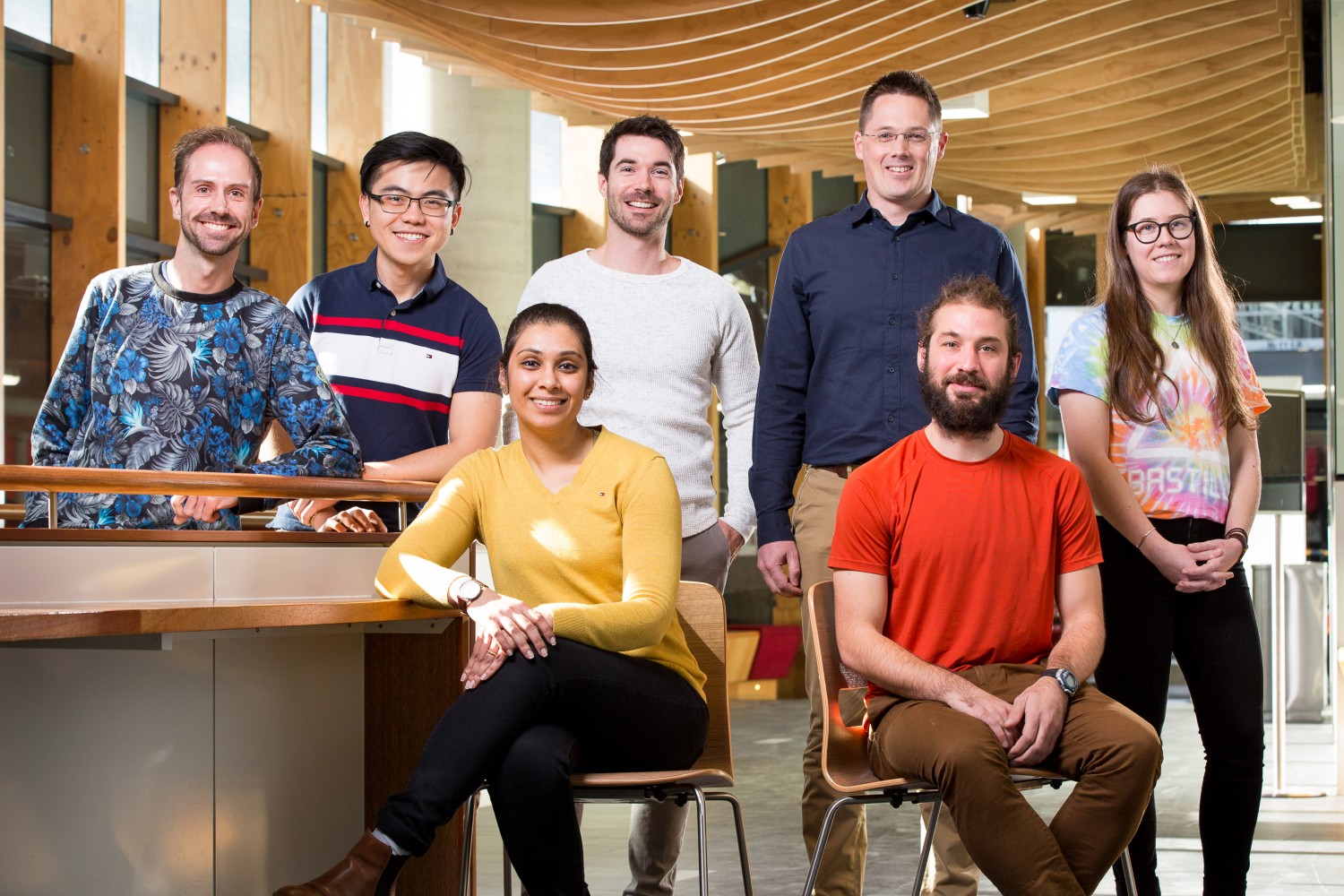-
Research Groups
Clinical Research
-
Mueller Group
Research in Scott’s group is focused on examining immune responses to both acute and chronic viral infections. A particular emphasis on T cell responses and interactions with antigen presenting cells and lymphoid tissue stromal cells is currently driving the group, as well as an interest in neuro-immune interactions.
Other work areas include:Immunology
Current Projects
-
T cell responses during experimental malaria infection
T cells play key roles in protection against Plasmodium berghei infection. The mechanisms underlying T cell activation in the spleen and migration to the brain where they can cause disease are not well understood. To address this, Scott’s group have developed a novel system to image the brain in live animals undergoing malarial infection using 2-photon laser scanning microscopy. This allows temporal assessment of the immune response occurring in the brain. Using tools including TCR transgenic mice generated by the Heath group, they are examining the role of malaria-specific CD8 T cells in disease.
Lab Team

-
Dr Yannick AlexandrePost-Doc
-
Research Officer
-
Keit LoiPhD student
-
Sarah SandfordPhD student
-
Thomas HueneburgMasters student
-
Natasha ZamudioResearch Officer
-
Melanie DamtsisResearch Assistant
-
Dunstan Group
Sarah’s group is using host and pathogen genomics to better understand infectious diseases. They perform genome-wide association studies of the host, genomic studies of the pathogen, and investigate the interaction of both genomes in tuberculosis, enteric fever and malaria patients.
Other work areas include:Enteric infections, Tuberculosis
-
Heath Group
Bill’s group’s cellular immunology research currently focuses on understanding killer T cell function with particular reference to improved vaccination strategies and understanding malarial disease.
Other work areas include:Immunology
-
Rogerson Group
Stephen’s laboratory studies the pathogenesis and immunology of infection with the malaria parasite Plasmodium falciparum in humans. Their laboratory studies are linked to field studies, and they collaborate with leading malaria groups in Africa, Asia and Papua New Guinea.
Doherty Institute researchers have long standing collaborations with malaria researchers in Papua New Guinea, Malawi and Indonesia. They study the effects of malaria infection on pregnant women, their babies, and young children, including studies of new drugs to prevent malaria in Papua New Guinea and Malawi. Working with Malawian clinicians and scientists, they study immune responses in children with severe and uncomplicated malaria. The Doherty is leading a new Centre for Research Excellence in Malaria Elimination, focused on the Asia-Pacific Region. The CRE’s broad aim is to find better tools to detect, prevent and treat malaria in vulnerable groups.
Now recruiting volunteers
There are currently no Now recruiting volunteers
Current projects
There are currently no Current projects
-
Malaria kills
500,000 people
globally each year






